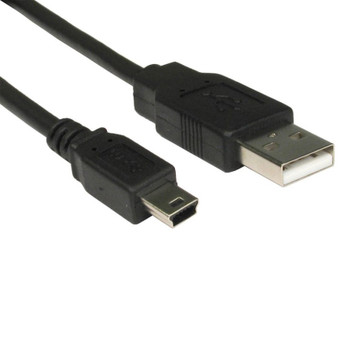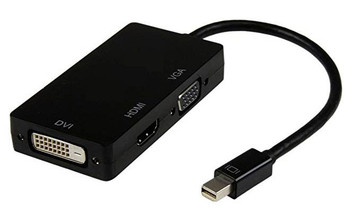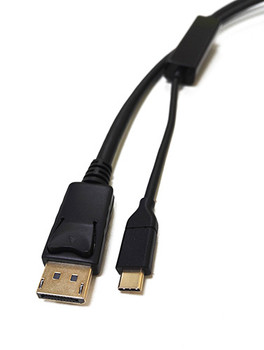8WARE
8WARE Mini USB Bluetooth Adapter Version 4.0
- SKU:
- L-CB8W-BD-400
- UPC:
- 9341756002506
- Weight:
- 0.50 KGS
- Shipping:
- Calculated at Checkout
Payment options available:








Share with:
Description
8ware Mini Bluetooth Adapter V4.0 (USB) The 8ware USB Bluetooth version 4.0 Adapter allows users to connect up to three Bluetooth devices together and transfer even the largest files quickly and easily. With the mini size adapter's lower power consumption; you can enjoy longer battery life on your notebook computer and other devices. This Bluetooth Class 2 adapter is compatible with PC computers, and offers a wireless range of 20 meter. It is great for a wide range of applications and smaller form factor devices in the healthcare, fitness, security and home entertainment industries. What is Bluetooth 4.0? Bluetooth 4.0 is exactly what the name would have you believe: it's the next version of the same old Bluetooth technology we all know and love. Phones that have Bluetooth 4.0 are often referred to as Bluetooth Smart Ready while the accessories or peripherals taking advantage of this technology are dubbed Bluetooth Smart. Don't worry, a Bluetooth 4.0 Ready phone will still be fully backwards compatible with your Bluetooth 3.0 accessories and peripherals so you won't have to throw out that old beat up headset just yet. Of course, using accessories and peripherals that are pre-4.0 will prevent you from taking advantage of Bluetooth 4.0′s new features. Does it make a difference? Speaking of new features, what exactly are they? Well, the main one is the lower power consumption between two Bluetooth 4.0 devices. I think this is something worth getting excited about as I'm sure a lot of you have found that when you use your Bluetooth (or just leave it connected) you're battery life starts to tank. To avoid this, Bluetooth 4.0 devices won't be constantly communicating with one another when they're paired. Instead, the devices will stay in standby until actual information needs to be sent over from one device to another. For example, imagine a Bluetooth 4.0 heart rate monitor. The only time the device would communicate with your phone is if/when your heart rate reache
View AllClose

 FREE SHIPPING ON ORDER OVER $75
FREE SHIPPING ON ORDER OVER $75
 LOYALTY PROGRAM
LOYALTY PROGRAM
 SHIPPING WORLDWIDE
SHIPPING WORLDWIDE








